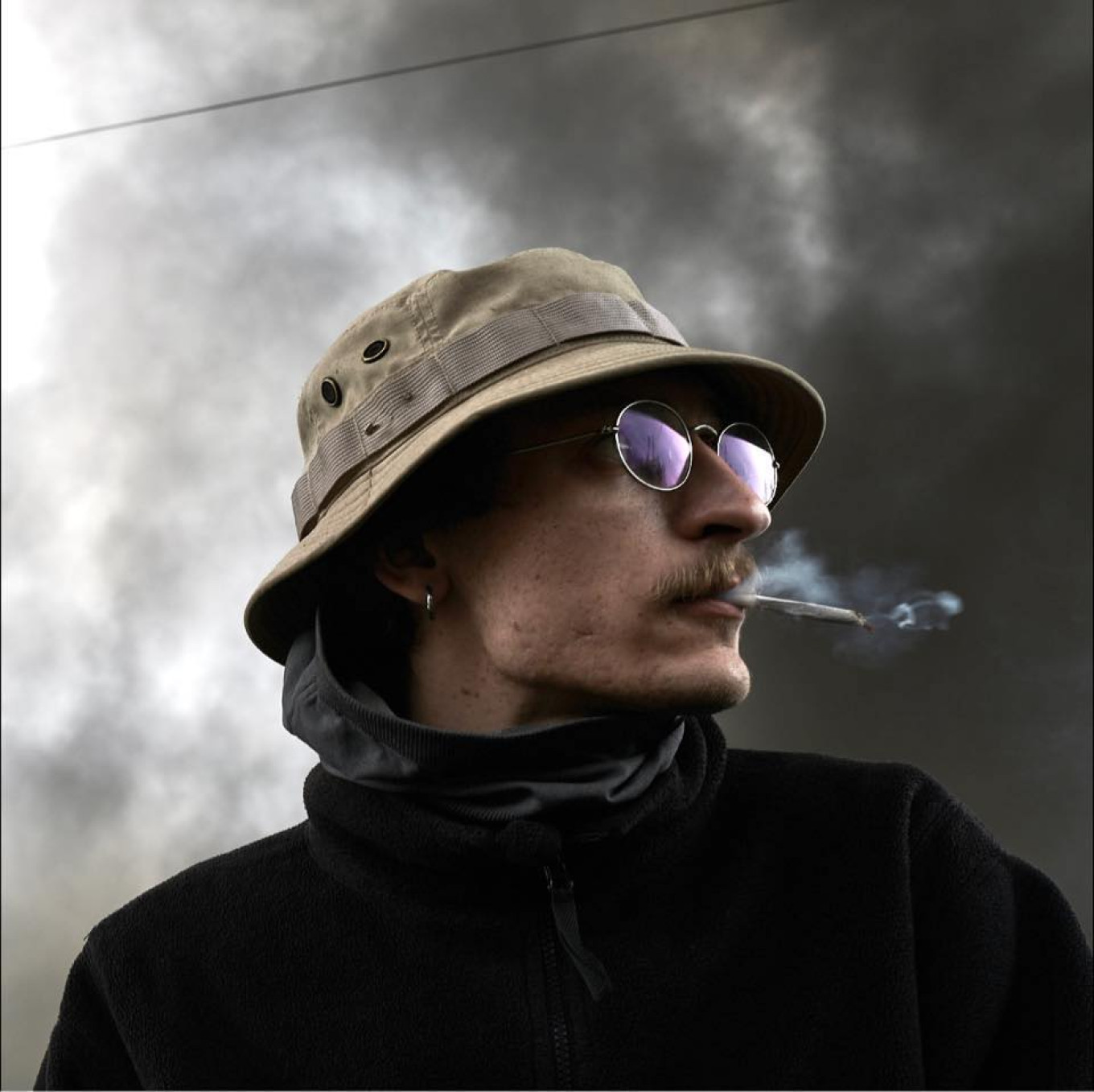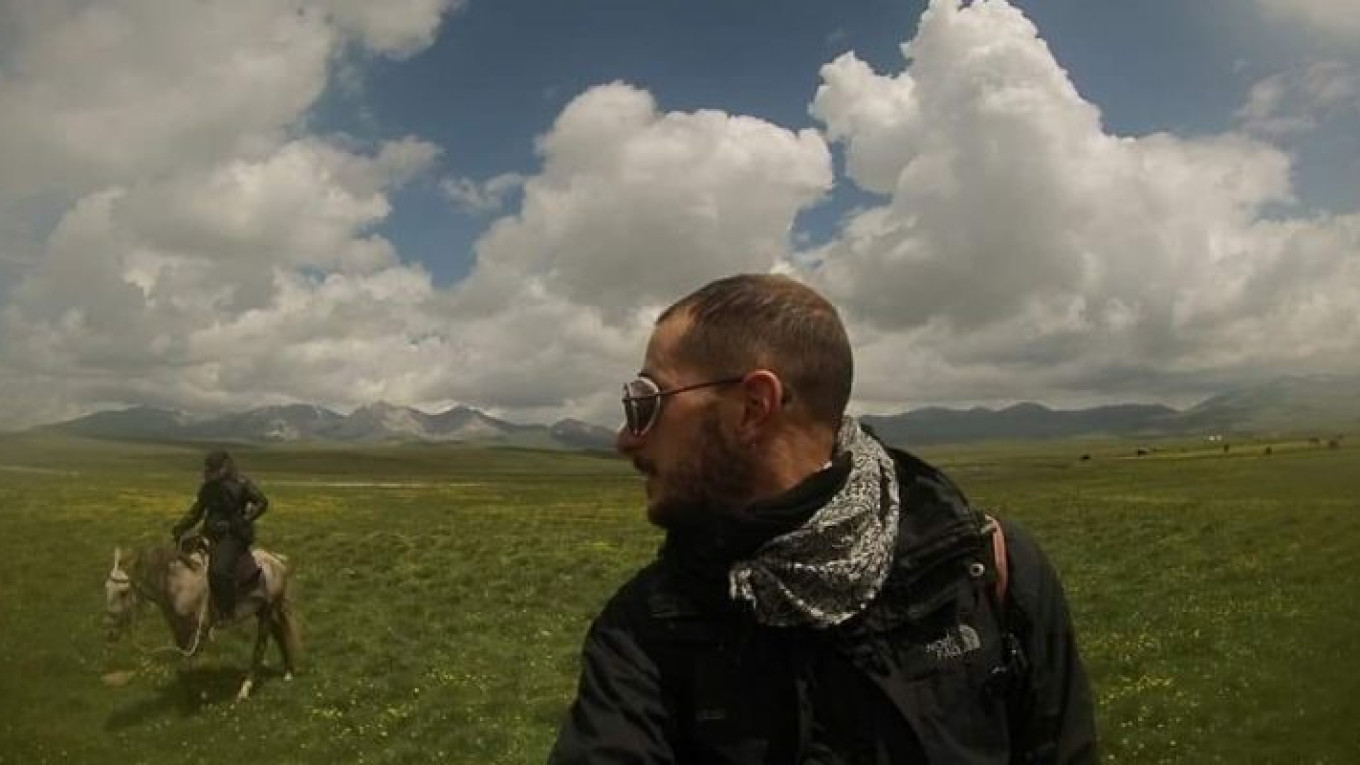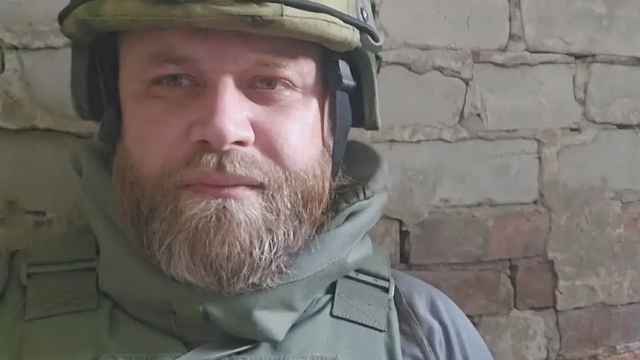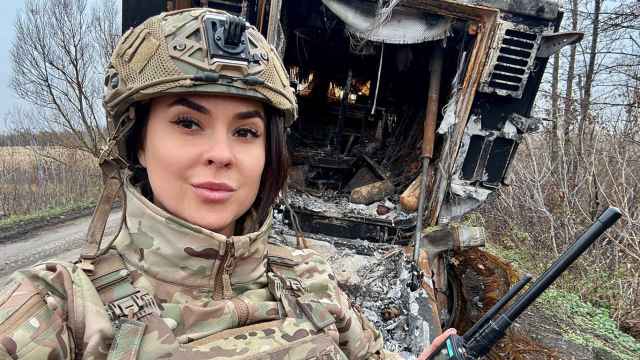A drone killed a French photojournalist on assignment in eastern Ukraine on Friday and wounded a Ukrainian reporter, officials and media groups said.
Antoni Lallican, 37, was embedded with Ukraine's Fourth Armored Brigade near the front line in the Donbas region when he was killed in a drone attack on the area, said Ukrainian authorities.
Ukrainian journalist Georgiy Ivanchenko was wounded in the same attack, which Ukraine's military and French President Emmanuel Macron blamed on Russia.
Lallican, an award-winning photojournalist whose work had appeared in leading French and international media, is the first journalist to be killed by a drone in the Ukraine war, said the European and International Federations of Journalists.
At least 17 journalists have now been killed in Ukraine since Russia launched its full-scale invasion in February 2022, according to the groups. UNESCO puts the number killed at 22.
They include AFP video journalist Arman Soldin, killed by rocket fire in 2023.
Macron voiced his “deep sadness” at Lallican's death, which comes at a moment of surging tension between Russia and Ukraine's European allies.
Lallican and Ivanchenko were embedded near the area of Druzhkivka, around 20 kilometers (12 miles) from the front line in the Donetsk region, Ukrainian authorities said.
“Both journalists were wearing personal protective equipment, and their bulletproof vests had identification marks with the word ‘PRESS’ on them,” the Fourth Armored Brigade said on Facebook.
It said Ivanchenko's condition was stable.
Free-press watchdog Reporters Without Borders (RSF) called for a swift investigation.
Lallican “died while doing his job, bearing witness to the consequences of war,” said its director general, Thibaut Bruttin.

‘Passion for news photography’
Ukrainian Foreign Minister Andriy Sybiga said Russia “continues to deliberately target journalists,” calling it “a heinous crime and violation of international humanitarian law.”
The European and International Federations of Journalists condemned what they termed a “war crime.”
Lallican, who was based in Paris, traveled the world covering international news stories for publications including Le Monde in France and Germany's Der Spiegel.
French news site Mediapart, where he had been a contributor, called him a “formidable photographer and excellent colleague.”
The Hans Lucas photography agency, where he also worked, said he regularly traveled to Ukraine and knew the terrain well.
“He documented the siege of Kyiv and has not ceased bearing witness to the reality of war and its consequences for civilians,” it said.
Lallican studied to be a pharmacist, but switched careers at age 30 after a trip to Kashmir, where he saw independence fighters clashing with Indian army forces, he told French newspaper L'Est Republicain last year.
“That awakened a passion in me for news photography,” he said.
His work took him to Sudan, Syria, Lebanon, Israel and the Palestinian territories.
War photography is “a very risky profession, where you need a lot of preparation, to always be on alert,” he told a festival in 2022.
When at home, Lallican documented issues such as impoverished housing in Paris.
Last year, he won the Victor Hugo prize for “committed photography.”
A Message from The Moscow Times:
Dear readers,
We are facing unprecedented challenges. Russia's Prosecutor General's Office has designated The Moscow Times as an "undesirable" organization, criminalizing our work and putting our staff at risk of prosecution. This follows our earlier unjust labeling as a "foreign agent."
These actions are direct attempts to silence independent journalism in Russia. The authorities claim our work "discredits the decisions of the Russian leadership." We see things differently: we strive to provide accurate, unbiased reporting on Russia.
We, the journalists of The Moscow Times, refuse to be silenced. But to continue our work, we need your help.
Your support, no matter how small, makes a world of difference. If you can, please support us monthly starting from just $2. It's quick to set up, and every contribution makes a significant impact.
By supporting The Moscow Times, you're defending open, independent journalism in the face of repression. Thank you for standing with us.
Remind me later.






